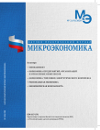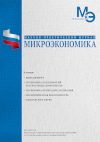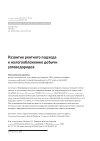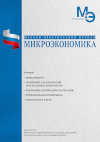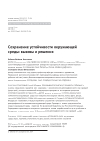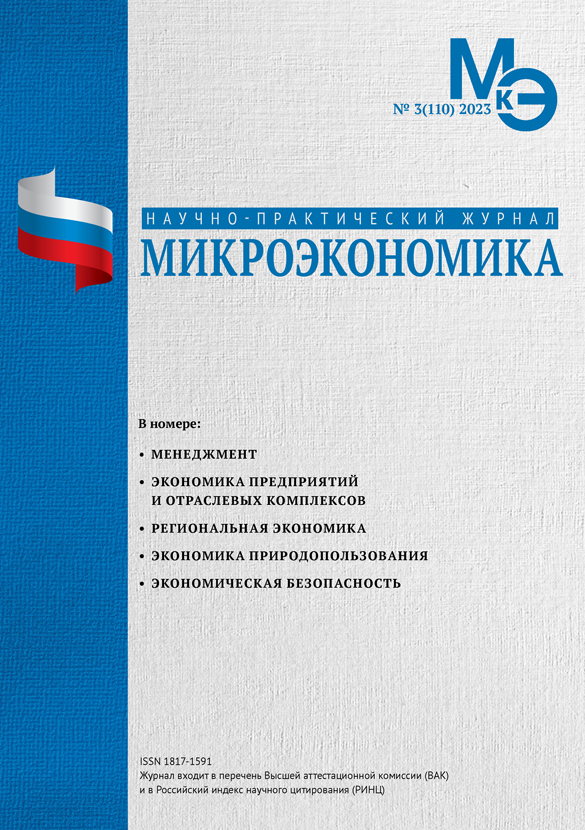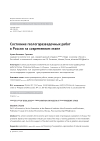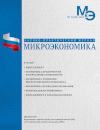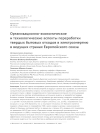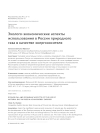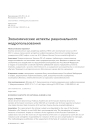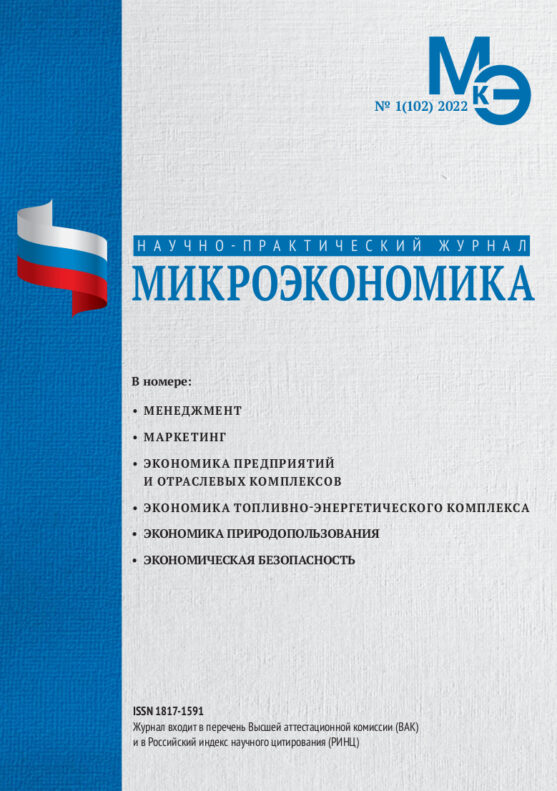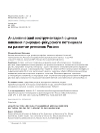Digital model of geological and economic assessment of exploration for hydrocarbon raw materials
DOI: 10.33917/mic-6.119.2024.50-54
The article is devoted to the development of a digital model of geological and economic assessment of exploration for hydrocarbon raw materials in Russia. The main approaches to the formation of a digital model of hydrocarbon exploration are considered. The interaction of all participants in the process of preparing a digital model of geological and economic assessment is justified.
References:
1. The national project «Digital Economy of the Russian Federation». URL: https://digital.gov.ru/ru/activity/directions/858
2. Yelovskaya M.A. World experience in building a digital economy prospects for digitalization of the Russian economy. Izvestiya St. Petersburg State University of Economics. 2022;(5–2 (137)):35–41.
3. Korotkov S.B., Polyakov E.E., Korotkov B.S. Regional three-dimensional geological models of oil and gas provinces as a basis for prospecting and exploration. Scientific and technical collection of Vesti gazovoi nauki. 2017;(3 (31)):308–316.
4. Germakhanov A.A., Gert A.A., Kazanov O.V., Gorshenin N.E. Pestrikov A.A., Romanyuk V.B. Information and analytical system for assessing the economic efficiency of geological exploration facilities in federal programs and projects. Mineral Resources of Russia. Economics and management. 2024;1: 28–35.
5. Mursalyan A.V., Bochkova T.A. Digitalization of the economy and its impact on individual sectors of the economy. Economics and Business: theory and practice. 2022; (4–2(86)):47–50.
6. Kuzina E.S., Melekhin E.S. On the reliability of geological and economic estimates in subsurface use//Mineral resources of Russia. Economics and Management, 2019;5:52–55.


